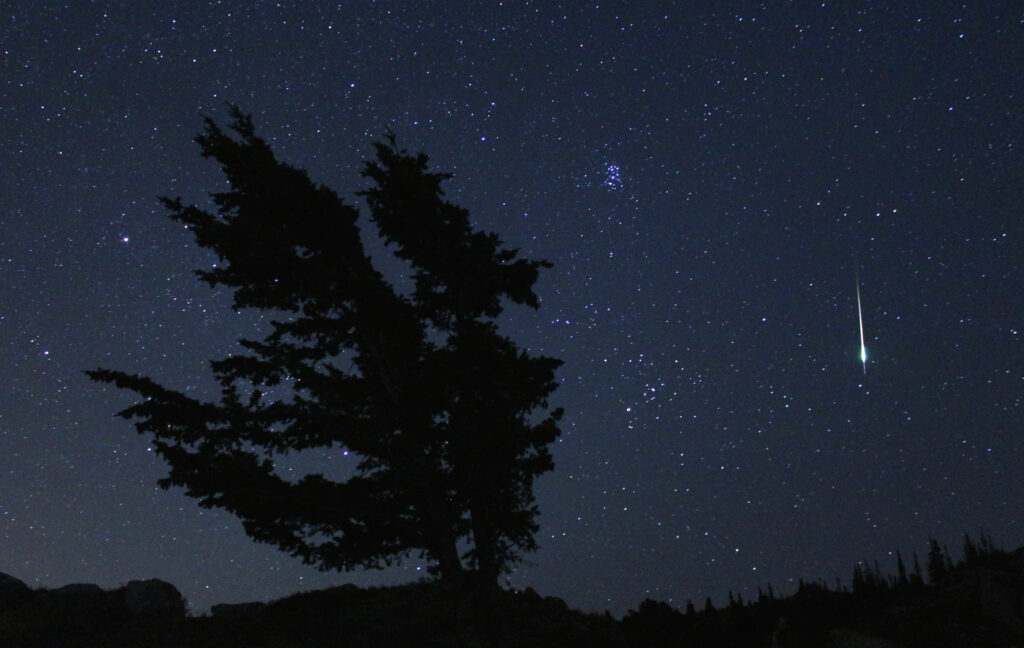
We talked on last week’s What’s Up and on several previous episodes about just what makes a meteor shower. Generally, comets passing through our solar system routinely leave dust trails as they heat up on approach to their closest points to the Sun, and some of those dust trails cross Earth’s orbit. Then the Earth passes through those dust trails, and the little bits of dust and rock burn up in our atmosphere, creating meteor showers, some with great regularity like the Geminids.
Except the Geminids are caused by dust from an asteroid and not a comet, but hey. There always has to be an exception to the rule, right?
The meteors not only flare with light, but they leave behind smoke trails. And there are a lot of bits of dust that burn up and we don’t see the bright flash of light. Again, space rocks all day, every day. NASA has been using a neat instrument called the Solar Occultation for Ice Experiment, or SOFIE, aboard a satellite since 2007 to collect data on all the smoke generated by these tiny rocks. Over a decade, scientists analyzed that data to figure out just what all the dust was composed of and how much hits Earth every day.
They found that much of that cosmic dust is iron-rich olivine, and about 25 tons of it make it to Earth every day. Additionally, the smoke from these impacts may be a big reason for those pretty noctilucent clouds people take pictures of. The smoke provides tiny, tiny grains of dust that ice crystallizes on, and then voila, thin, wispy, and very reflective clouds are created.
Also, that iron-rich dust could be helping photosynthesis in the ocean.
So maybe rocks hitting our atmosphere and burning up aren’t a bad thing all around. It’s just those bigger rocks that don’t burn up that we need to worry about.
More Information
NASA press release

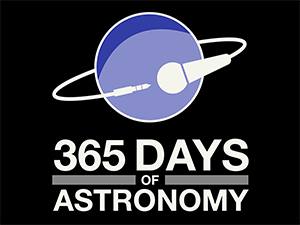
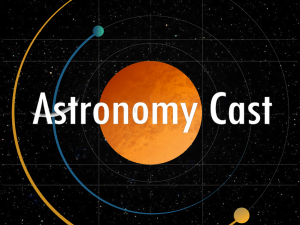

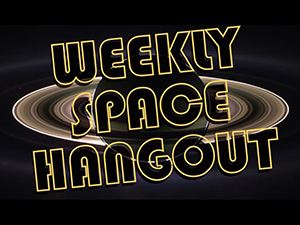 Join the Crew!
Join the Crew!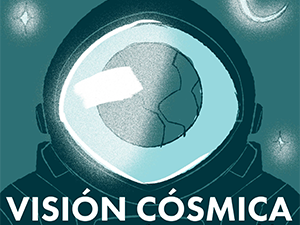
 Escape Velocity Space News
Escape Velocity Space News
0 Comments